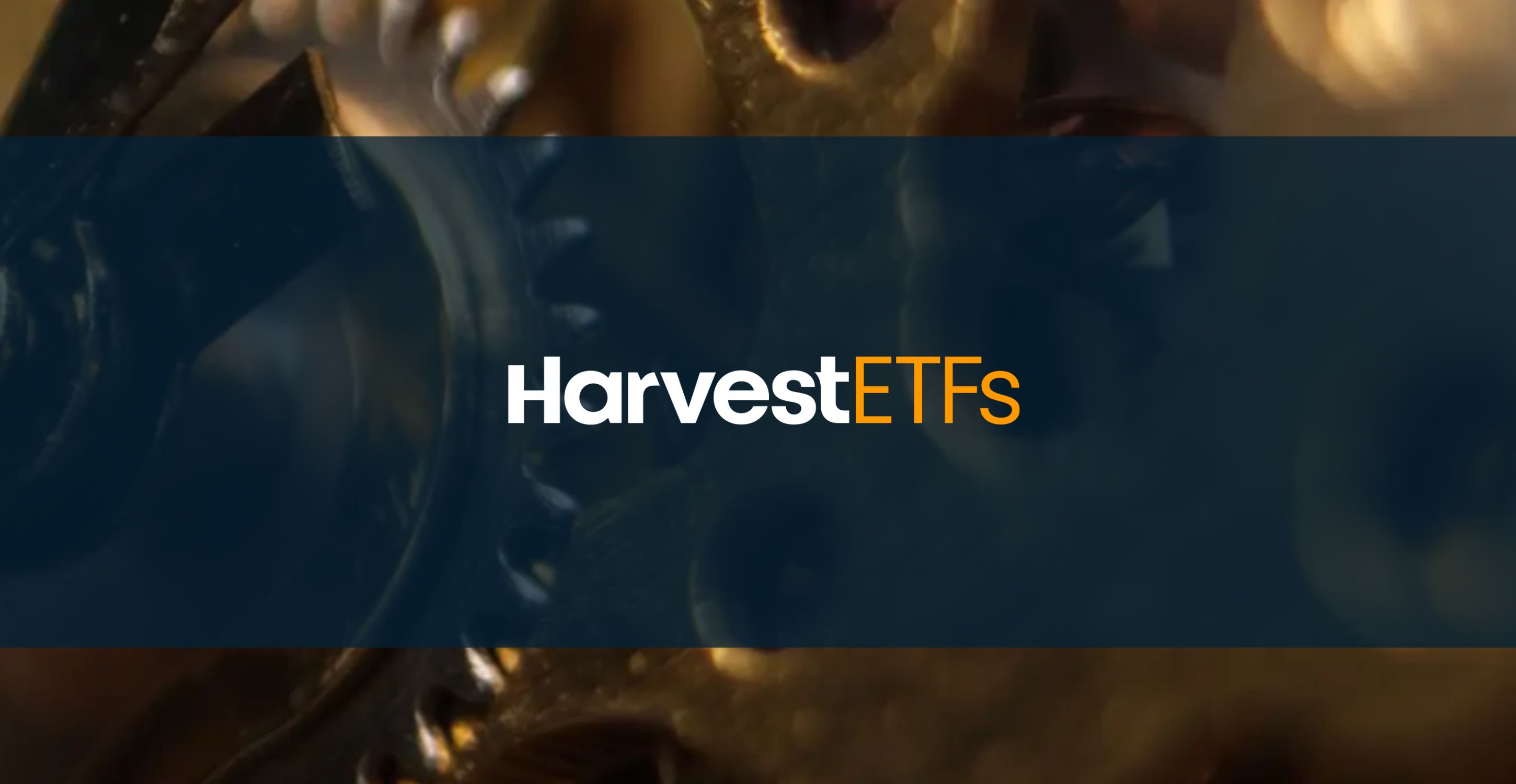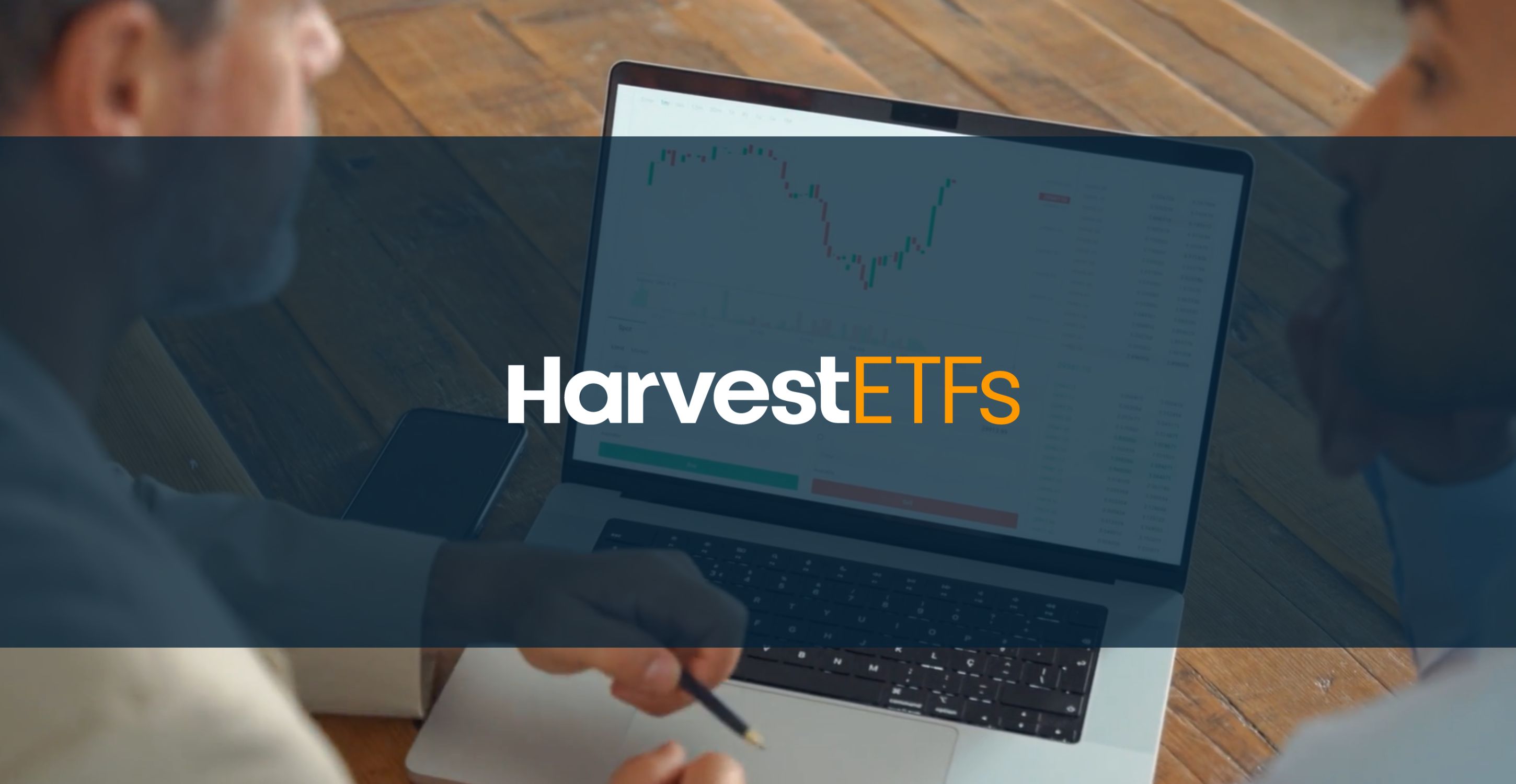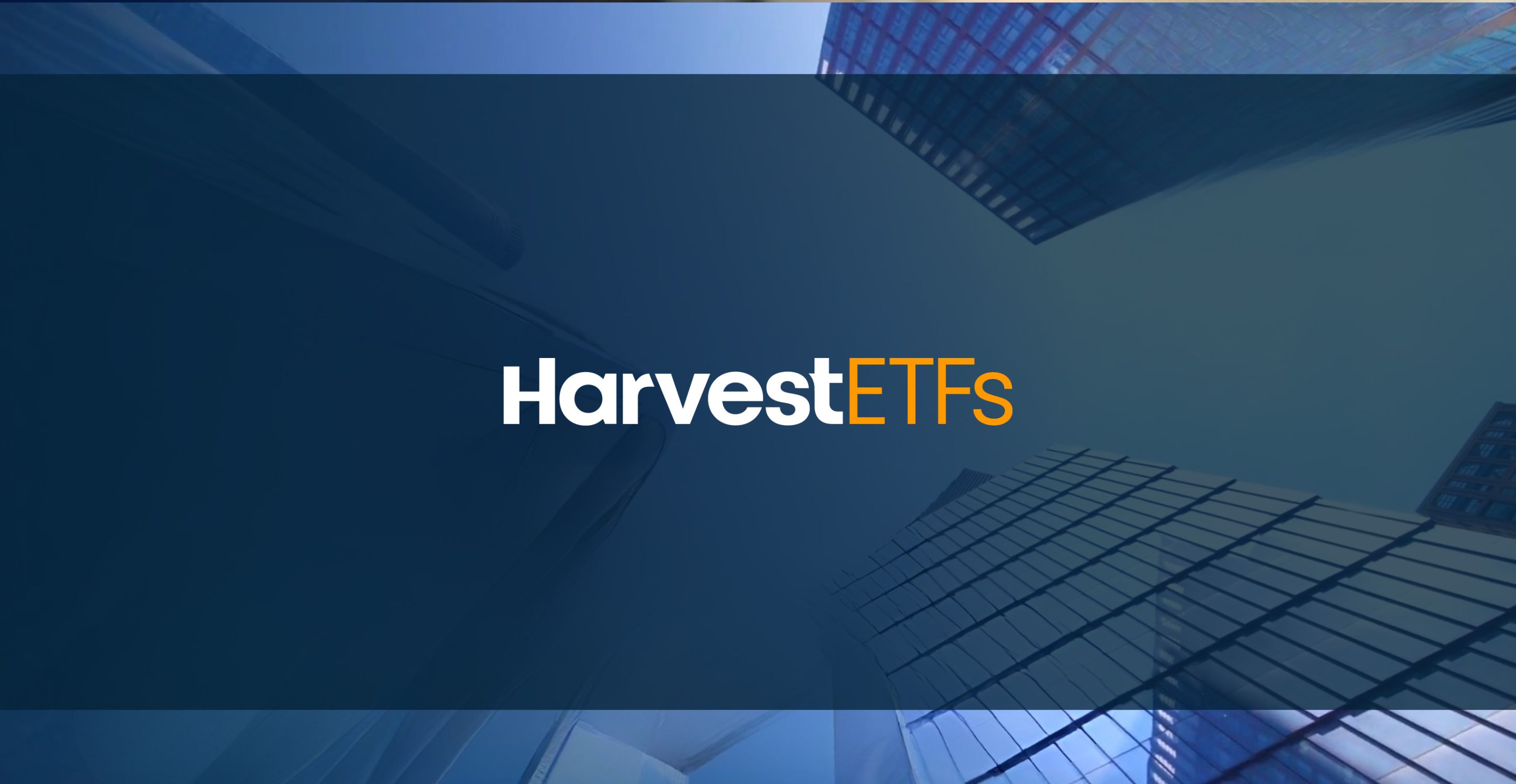Investing for Beginners: The Pros and Cons of Mutual Funds
Mutual funds are professionally managed investments that, to some extent, show the performance of several varied securities. These may be a group of s …

Mutual funds are professionally managed investments that, to some extent, show the performance of several varied securities. These may be a group of stocks, bonds, commodities, real estate, or other investments, selected by a professional fund manager. And knowing how to invest in mutual funds is essential to ensure the right choice when using this financial instrument.
Types of mutual funds
Mutual Funds provide access to financial markets for retail investors, ensuring professional management and controlled risks. The professional manager will seek the best possible return, while tailoring applications to the characteristics of the funds. There are several types of mutual fund investments. These are the most popular ones:
- Equity funds – invest primarily in a variety of different stocks of public companies.
- Fixed income funds – invest primarily in bonds and preferred shares.
- Multi-market or balanced funds – invest in a mix of equities, fixed income and money market investments.
In addition, these three groups can be subdivided into several others. For example, an Equity Fund may invest in dividend shares or small cap shares. Some invest only in certain industries, others in certain countries, while others invest more widely. Equity funds may also focus on companies in certain sectors such as energy, gold or financial.
In short, there are several possibilities that investment funds present to shareholders. The choice will be determined by your individual situation, based on your own risk tolerance, time horizon and financial goals.
Benefits of a mutual fund
With any investment, there are obviously, advantages and disadvantages. But the main advantage of investment funds lies in their simplicity.
- Simplicity -As the task of managing resources is the responsibility of a manager, shareholders don’t need to be in charge of effectively commanding their investments.
- Professional management – Funds are managed by financial market professionals, with in-depth technical knowledge of assets that make up the funds and also the markets in which such assets are traded, being permanently aware of their returns and investment volatility.
- Affordability – Normally these funds are simple to buy and have a low minimum purchase. Transaction costs can be reduced due to large volume of transactions, which allow retail investors access to markets where investment amounts are high.
- Liquidity – Mutual funds are easier to buy and sell, but are subject to early withdrawal penalties.
- Diversification – Another advantage of the investment fund is access to diversification. A stock fund, for example, usually invests in a large number of companies. Thus, by buying the share of this fund, the investor will automatically be in a diversified application.
Disadvantages of mutual funds
- Fees – The main disadvantage of mutual funds is that, because the fund is managed, you’ll incur fees no matter how the funds perform.
- Expense ratios – Typically one to three percent pay annually on the total value of your shares. Passively managed funds have lower expense ratios compared to actively managed accounts, as they require fewer financial professional costs.
- Sales commissions – These are commissions paid at the time of share purchase (front-end loads) and when redeemed (back-end loads). Sales loads are compensation paid to financial professionals to buy mutual fund shares.
This is why it's important to shop around. In equity funds, for example, it is not uncommon for this rate to be above two percent. In addition, in many funds, a performance fee is charged in case the manager exceeds the benchmark. This can make the cost of the fund even more excessive and can add up to tens of thousands of dollars in lost savings or returns over time.
In addition to costs, another major disadvantage is that investors cannot personally choose the applications to be placed in their portfolio. Also, many funds don’t outperform their benchmark.
Track the results
Just because you put your money in an investment fund it doesn't mean that you should forget about it. Always try to be informed! Follow the evolution and strategy of the fund you’re investing in, find out who the manager is and what their market experience is.
Most investors choose the mutual funds based on their past performance. This is a good indicator but doesn't guarantee success. As much as the analysis of the fund’s past performance is promising and tempting, it should not be taken for granted that it will generate future profitability.
It’s essential to look for all previously available information and understand the profile of the assets and investments to be made. Knowing how to invest in mutual funds implies, whenever possible, that the investor makes a critical analysis of the data to be comfortable with their choices. Knowledge of the asset profile and associated risk, terms, redemption conditions or the type of fund are examples of issues that should be clarified before subscribing.
Be critical on the promise of highly profitable investments
Any investor, before making their investments, should seek to understand their risk behaviour profile by defining the level of risk they are willing to go to. Not least is the understanding of the positive relationship between profitability and risk. This implies that the investments that promise the most return are those with the highest risk of loss. As such, it’s necessary to be critical to the promise of highly profitable investments.
Conclusion
Mutual funds are simple to buy and often have low minimum purchase, so they can provide an easy way to diversify your portfolio.
Diversification is important because different types of investments have unique risks and perform differently at various times. In any given period, losses from one type of investment can be offset by gains in another. Having a diversified portfolio can help you achieve steadier results.
And remember, there are no investments with guaranteed returns! The best thing to do is to build a diversified portfolio, ensuring the funds you choose fit your investor profile, risk tolerance and investment objectives.
If you enjoyed this content, remember to “Like” and “Follow” us on the links below to receive more investment tips for beginners!
Newsletter | Facebook | Instagram | Youtube | Twitter| LinkedIn | B-TV.com
You’ll also receive stock market data and updates, company profiles and the largest library of CEO interviews in North America.
Latest Articles
Hot Companies
You might also like

Harvest HPYE ETF Income Strategy for Volatile Markets
Harvest Premium Yield Enhanced ETF (HPYE) is built to help investors earn regular income and manage market swings by combining high-quality U.S. equities with an active options strategy using calls and puts.

Harvest HPYB ETF Income From Canadian Banks
Harvest Premium Yield Canadian Bank ETF (HPYB) is built to generate higher income from Canadian bank stocks by combining bank exposure with an active options strategy that sells calls and puts, producing more tax-efficient cash flow than dividends alone.




